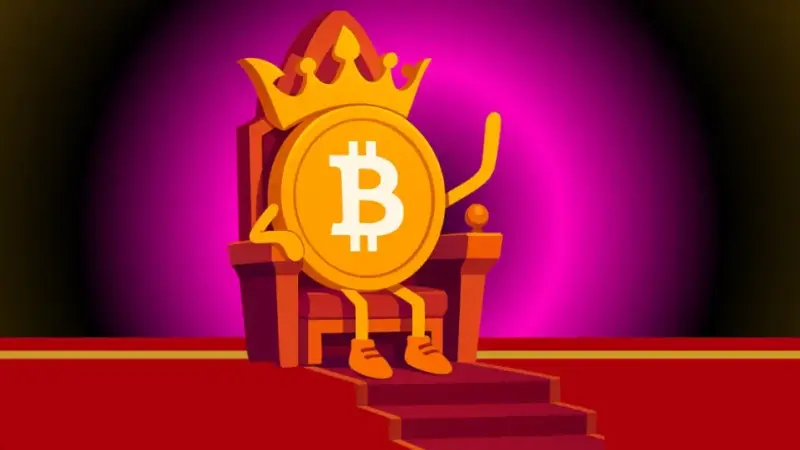Ethereum Gas Fees Skyrocket: What Does It Mean For Investors?

Ethereum, the world’s second-largest cryptocurrency by market capitalization, is currently facing a significant issue: soaring gas fees.
Gas fees, also known as transaction fees, are payments made to miners on the Ethereum network for processing transactions. These fees have been rising steadily over the past few months, reaching record highs in recent days.
The situation has left traders and investors concerned about the long-term viability of the Ethereum network, as high fees could discourage users from utilizing the platform.
High Gas Fees On Ethereum Network Despite Transition To PoS
Based on a recent report by crypto analytics provider WhaleAlert, a single transaction on the Ethereum network cost a trader approximately $118,600 in fees, which translates to 64 ETH.
A fee of 64 #ETH (119,121 USD) has just been paid for a single transaction!https://t.co/3w4UD0AZbw
— Whale Alert (@whale_alert) May 8, 2023
While high gas fees are not a new phenomenon on Ethereum, they have become relatively rare since the network’s transition from the proof-of-work (PoW) to the proof-of-stake (PoS) protocol through The Merge.
This shift was expected to reduce congestion on the network, but the current high gas fees suggest otherwise.
Possible Cause: Meme Coin Hype, Network Congestion
The recent spike in network activity is said to be a result of the meme coin craze, which has created intense network activity, causing congestion during the weekend. This activity reached its peak when Binance, a popular crypto exchange, listed PEPE tokens and Floki Inu for trading on its platform.
The resultant congestion, coupled with panic selling by whales, has contributed to the soaring prices and may eventually lead to reduced gains for retail traders.
Impact On Ethereum Prices
Despite a 0.5% dip in the last 24 hours, Ethereum has maintained a steady seven-day rally of 0.5%, with its current price at $1,842.37 according to CoinGecko. However, high gas fees on the network may negatively affect Ethereum’s long-term prospects and discourage users from utilizing the platform.
The high gas fees on the Ethereum network could have a significant impact on ETH prices in the long run. If the network congestion persists, users may start looking for alternatives to Ethereum, leading to reduced demand for the cryptocurrency. This could eventually result in lower prices, affecting investor sentiment and leading to a market sell-off.
Moreover, the current high gas fees may also hinder the growth of decentralized finance (DeFi) applications on Ethereum. DeFi protocols heavily rely on the Ethereum network to execute transactions and provide liquidity, and high gas fees could limit their growth and adoption. This, in turn, could affect the overall demand for ETH and its price.
-Featured image from Freepik
